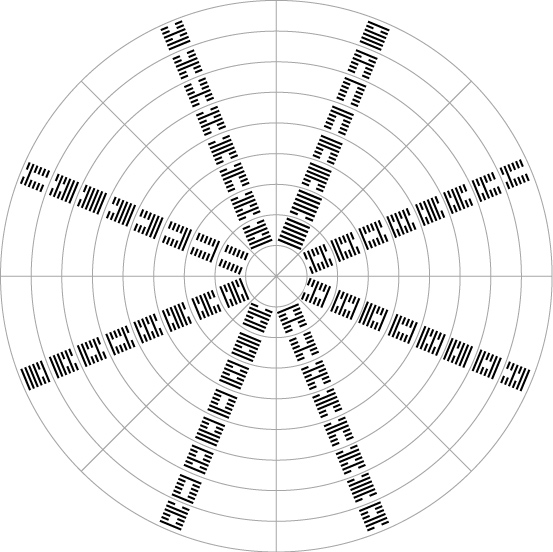Warren Kinston
9. February 2013 10:00
Like all truly great philosophers, Wittgenstein had a gift for words.
 "Uttering a word", he said, "is like striking a note on the keyboard of the imagination."
"Uttering a word", he said, "is like striking a note on the keyboard of the imagination."
THEE could be viewed as codifying many elements in his thinking. There is certainly support for many taxonomic propositions that look strange on the surface e.g. the notion that at the core of all well-founded belief, lies belief that is unfounded. He recognized that “man has to awaken to wonder—and so perhaps do peoples. Science is a way of sending him to sleep again.”
His view that anything that can be said should be said is clearly an approach to using language that I share. However, my taxonomic researches make it clear that this logical method is but one of 7 approaches for using language (available soon in the TOP Studio). It suits some purposes and not others. More...
About
Warren Kinston
Warren Kinston
23. December 2012 12:00
Christmas is time for some philosophizing. When I ask whether THEE is spiritual, I mean apart from containing spirituality-related entities as taxonomic elements (as explained in my last blog).

Answer: Yes, in a way. So let's now look at that way.
A taxonomy uses categories to order what exists within a particular field. Until there is taxonomic clarity, it is very difficult to make sense of a field. You don't know what's there and you don't know what it's like. Try imagining chemistry without knowing the chemical elements or the periodic table.
The field of THEE is one part of how people get on in life. Getting on in life has two parts, the biologically determined and instinctual realm, and the psychologically determined and creative realm. You and I are creative in so far as psychosocial reality is concerned. Or I should say that we are potentially creative. It is certainly possible to live largely in a zombie-like fashion, embrace conformity, and when in doubt herd, imitate and defer to others. Probably such a person More...
About
Warren Kinston
Warren Kinston
16. December 2012 14:00
It's the season of goodwill.

But where does goodwill come from? It's not in a microprocessor or accessible via a software command. It must emerge from that strange but familiar entity: the human spirit.
It is possible that the discovery of a taxonomy of human elements, THEE, represents some sort of strange convergence between scientific and spiritual traditions. I would like to explore that in this blog and the next.
I claim that my taxonomic inquiry is scientific because I draw on the common features and values that are traditionally associated with the scientific method. For example, I emphasize empirical study (even if the focus is a metaphysical realm). I also appeal to logical analyses and rationality. I actively seek validation and testing. I uphold consistency and coherence as virtues. And I positively welcome debate and criticism of formulations. I do not claim to perfection in these matters, but they are my beacons and primary criteria.
I also find myself having to recognize that the process is spiritual because More...
About
Warren Kinston
Warren Kinston
9. December 2012 14:00
We all want to know reality. But have we become too dependent on scientific knowing?

The sad truth of science is that the best it can be is less wrong. But as we live our everyday lives, being less wrong can be not good enough.
Don’t get me wrong: for knowing, being less wrong is wonderful—it is a great advance. But living is more than knowing. Living is loving, it’s committing, it's creating, it’s telling it how it is. It is acting without knowing.
In modern society, we often want to know More...
About
Warren Kinston
Warren Kinston
3. December 2012 12:00
I am a bit on my own with understanding Communication (PH5 in my taxonomy). In a small boat in a vast ocean with a lot hanging on my ability to think clearly and not fool myself.

I like to allow a new taxonomic framework to get clarified in phases over several years. There are periods of forgetting, mulling, intense revision, frustration, even disgust and blinding insight—see blog on my cycles of insight and illusion. If I'm lucky, I come across a book where someone has done most of the work for me. Remember that I have never claimed originality in ideas, only a new way to order well-established ideas. But that means reading lots of books.
Understanding communication requires the same lengthy treatment. I remember reading books on linguistics in the 1970's. But I first looked properly at communication in the 1980's in relation to Jaques levels-of-work ideas. I last looked at it properly around 2009-2010 when I was concerned to get some comfort that I would not end up being mocked by my website challenge of empty frameworks.
To my surprise More...
About
Warren Kinston